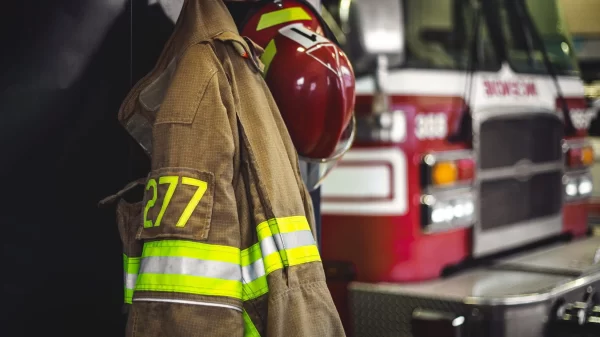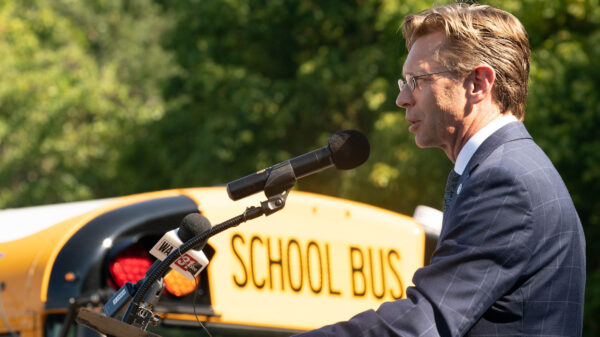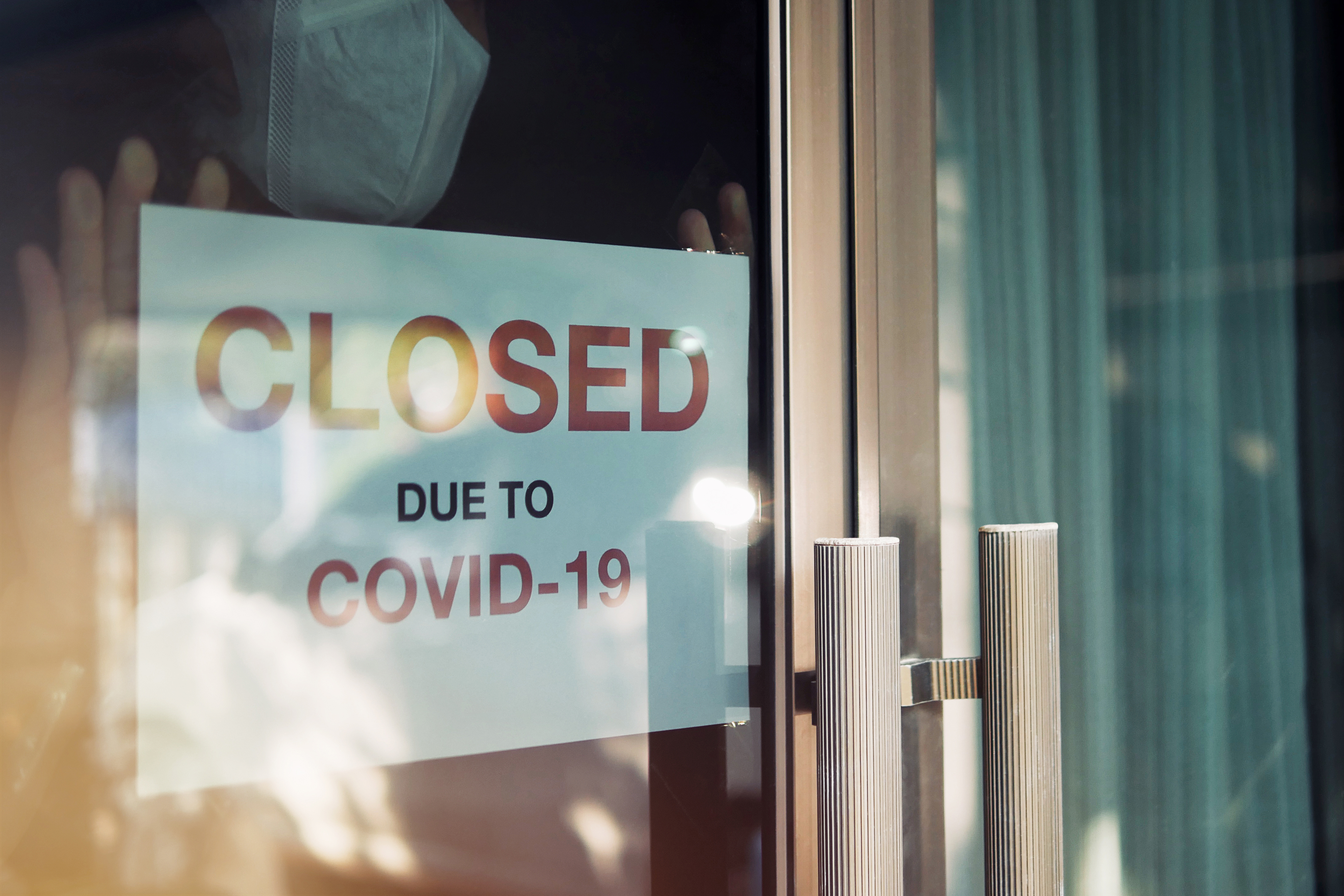The Alabama Senate on Thursday approved a bill that would allow businesses and places of worship to remain open if those places follow the guidelines set for other businesses.
Rep. Jamie Kiel, R-Russellville, introduced House Bill 103, which was carried in the Senate Thursday by Sen. Garlan Gudger, R-Cullman. The Alabama House on March 2 passed Kiel’s bill in a 75 to 22 vote.
Kiel’s bill would allow businesses and places of worship to remain open during a state of emergency “involving a pandemic, epidemic, bioterrorism event, or the appearance of a novel or previously controlled or eradicated infectious disease or biological toxin” if the church or business follows guidelines set by the governor, a state department or agency, or a county or municipal governing body or agency.
Senate Minority Leader Bobby Singleton, D-Greensboro, voiced strong opposition, and offered an amendment that would also allow the public to enter the Alabama Statehouse during such states of emergency. Access to the Statehouse has been limited throughout the pandemic.
Singleton said there were numerous superspreader events at churches, and that churches wouldn’t all decide to follow guidance. His amendment would force legislators to work under the same circumstances as those businesses and churches that the bill would impact, he explained.
“There are people in this chamber who almost died from the pandemic,” Singleton said. “We’re just setting people up to die. Setting them up to die. The Legislature is in the killing business.”
More than 40 people were infected with COVID-19 at a mass spreader event at Warrior Creek Missionary Baptist Church in Marshall County in July. There have been 515,866 confirmed and probable coronavirus cases in Alabama, and 10,553 COVID-19 deaths, according to the Alabama Department of Public Health.
Singleton said he’s for businesses staying open but believes the bill and other similar bills are “reactionary bills.”
“Corporations have perpetual lives. They get to live a long time. People don’t,” Singleton said.
“When this pandemic first started were you in a mask?” Singleton asked Gudger, who answered that he had not.
“And did I get it? Yes,” Gudger said, but he stressed that it’s a matter of personal responsibility and that businesses need to stay open to support livelihoods.
‘This is about common sense and people taking personal responsibility for themselves,” Gudger said.
A cloture petition was introduced, which can put a time limit on debate, and the Senate voted to approve the petition. Members then voted to adopt Singleton’s amendment, then voted 26-6 to approve the bill. Because of Singleton’s amendment, which was approved, the bill must now return for final approval in the House before Gov. Kay Ivey can decide whether to sign it into law or veto it.












































